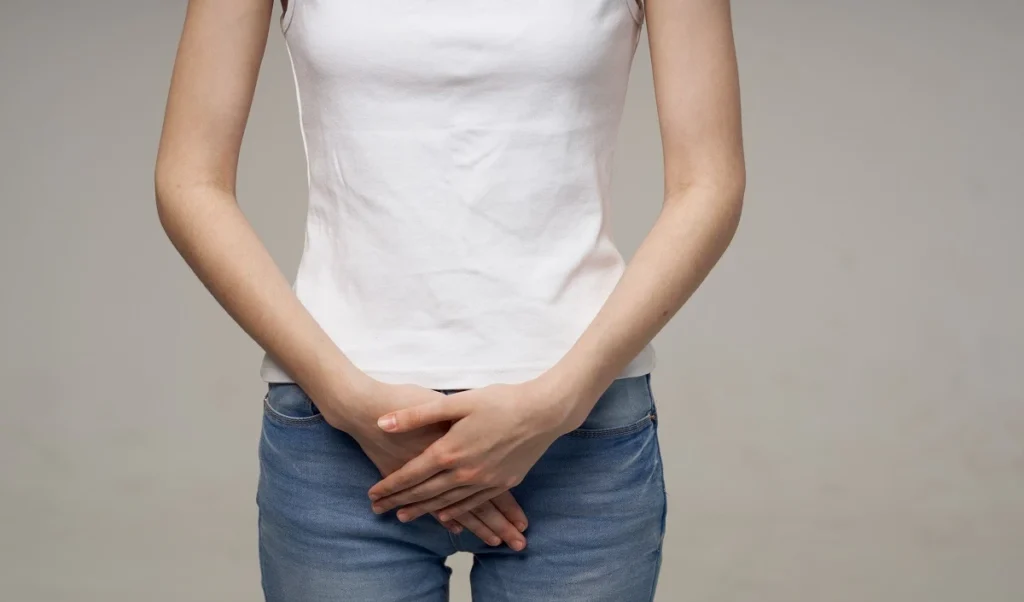
Polycystic ovarian disease, or PCOD, is a medical condition in which a woman’s ovaries produce immature or partially mature eggs that form cysts. This causes the ovaries to enlarge and increases in androgens or male hormones, which disrupts the menstrual cycle and can cause symptoms such as irregular menstruation, weight gain, hair thinning and infertility. If you can manage PCOD with right diet and lifestyle changes.
Symptoms of PCOD
It is very important for women who have PCOD to pay attention to these symptoms. If you feel these symptoms, you may also be suffering from PCOD. Symptoms like irregular menstruation, acne and excessive hair growth are seen in this. In contrast, many people do not notice any problems, often experiencing significant weight gain or difficulties conceiving later. At the same time, these symptoms are seen-
-Irregular menstruation
– Absence or absence of menstruation (amenorrhea)
– Menorrhagia or heavy menstrual bleeding
– Excessive growth of hair on the face and body, especially on the back, abdomen and chest
-Acne on face, upper back and chest
– sudden weight gain
– hair loss
Follow these 3 tips to relieve PCOD symptoms
take fiber rich diet
According to nutrition experts, it is important to have a high-fiber diet every day as it helps control insulin resistance and stabilize blood pressure. Additionally, it directly affects the hormonal balance of the body, which can aid in treating PCOD symptoms.
stick to a fitness regimen
It is important for PCOD patients to maintain a regular diet. Can do cardiovascular exercises and difficult exercises. Hormonal balance is affected, and PCOD symptoms reduce when the body becomes slimmer and has more muscles.
Eat foods that reduce inflammation
Include items that reduce inflammation in your diet daily. You can include foods like avocado, berries, nuts and seeds, legumes and olive oil in your daily diet. These foods help in reducing the symptoms of PCOD and controlling inflammation in the body.







